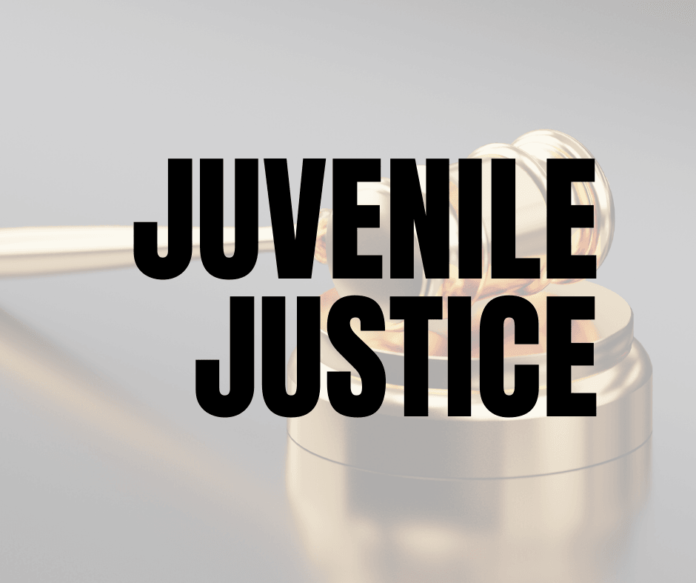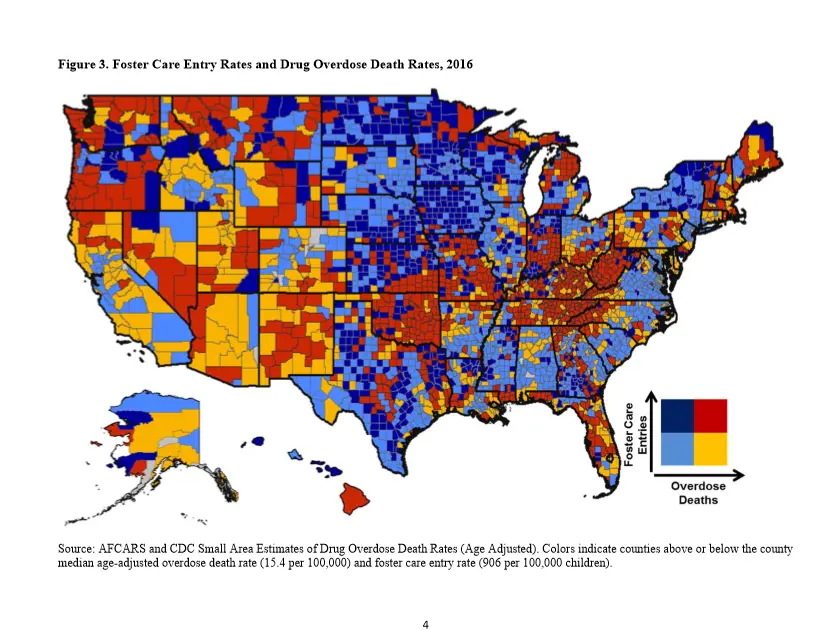
See the bill and amendments here.
The Juvenile Justice Reform Act of 2018 was passed in the state house yesterday, meaning that version of the bill must now be passed by the Senate. The Senate vote is scheduled for today.
The amended bill appears to leave in “law and order” measures that are currently in the Tennessee code as it relates to detention. Numerous checks and limits on detention from the original or early versions of the bill will be left out, resulting in no change to current law.
The bill initially removed language that allowed detention for more than 24 hours upon a “judicial determination that there is probable cause to believe the child has violated a valid court order (VCO).” There are reports that children, mainly in urban jurisdictions, have been detained indefinitely on the basis of violating a valid court order. This is one of the more draconian measures that was intended to be removed from statute. The bill as amended leaves the possibility of detention based on a violation of a VCO for more than 24 hours.
Section 13 of the bill placed various restrictions on allowable conditions for detention in a “secure facility or secure portion of any facility,” but this section was struck out entirely. The key to understanding this change seems to rest on the condition that a juvenile may be detained securely if “(t)here is probable cause to believe the child has committed any other delinquent offense involving the likelihood of serious physical injury or death, or an offense constituting a felony, violation of probation or violation of aftercare,” in conjunction with some conditions. The bill initially deleted the condition stating a juvenile on “(i)s currently awaiting court action on a previous alleged delinquent offense.”
A couple of the more concerning changes to the bill due to striking out Section 13 involve timeframe and resources related to detention. In the bill, there was a 72-hour restriction placed on detention for minors detained for additional delinquent offenses under the conditions we discussed above- this came out under the approved amendment. Also, the bill under Section 13 stated that detention will not be allowable for dependent neglect cases, in which a delinquent offense has been committed after being committed, due to lack of resources on the Department of Children’s Services part. The bill would have made it a condition of detention for children in state custody that there be no less restrictive alternatives to reduce the risk of flight or of serious injury to the child or others. These protections for children in custody have been stricken out.
Finally, Section 14 of the bill intended to ensure that no blanket class of offense would carry detention as a penalty. It stated that children under 12 shall not be detained more than 24 hours except in the case of commission of criminal homicide or a finding of significant risk of harm to self or others. One thing this section would have done that concerned juvenile judges were to require all delinquent and unruly cases in which a juvenile is placed out of home to be heard in court within 30 days unless good cause is shown or a child is able to knowingly sign a waiver. That section was stricken out as well.
I can write personally that these are disappointing developments in the bill as it has come to the end of the amendment process. Consider that the reform bill addresses delinquent and unruly offenses, many of which would not be considered a crime if committed by an adult; in other words, status offenses based the age of the person committing them.
Now let’s talk some potentially positive parts of the amended bill. Proposed amendments 3, 4, and 5 were all variations of the same change which would have affected Section 36 of the bill. The amendment that passed was amendment 6. Here is the language in its entirety regarding the transfer of juveniles to adult court:
(A) The child was:
(i) Less than fourteen (14) years of age at the time of the alleged conduct
and charged with first-degree murder or second-degree murder or attempted first or second-degree murder;
(ii) Fourteen (14) years of age or more but less than seventeen (17) years of age at the time of the alleged conduct and charged with the offense of first degree murder, second degree murder, rape, aggravated rape, rape of a child, aggravated rape of a child, aggravated robbery, especially aggravated robbery, aggravated burglary, especially aggravated burglary, kidnapping, aggravated kidnapping, especially aggravated kidnapping, commission of an act of terrorism, carjacking, or an attempt to commit any such offenses;
(iii) Sixteen (16) years of age or more at the time of the alleged conduct and charged with the offense of robbery or attempt to commit robbery; or
(iv) Seventeen (17) years of age or more at the time of the alleged conduct.
(B) The district attorney general shall not seek, nor shall any child transferred under this section received, a sentence of death for the offense for which the child was transferred;
The statue initially placed any child age 14 at risk of being transferred to adult proceedings for commission being charged with the adult offenses listed above. This amendment, even more so than previous amendments, created a more graduated approach to charging minors and trying them as adults. Only the gravest of offenses (first or second-degree murder or attempted first or second-degree murder) can constitute a transfer for children under age 14. There had been amendments offered to add robbery as an offense that may constitute a transfer to adult court, which many people saw as unnecessary, given that robbery may not involve a threat or actual serious harm or death to another person. This amendment adds being age 16 or older as the condition for being charged with robbery or attempted robbery resulting in transfer to adult court.
There is much more in the bill that deserves attention. The amendments noted here are those that seemed to strike a balance between the concerns of juvenile justice reform advocates and juvenile judges, who were concerned about being overly restricted by timeframes that could clog up their dockets. Ironically, some measures meant to ensure flexibility and relieve detention overcrowding did not make it through the amendment process.
If the Senate does not approve the bill in this form, then there will be no new law reform juvenile justice this session. Since there has been high coordination between the two houses of the legislature and this is a part of the Governor’s legislative package, it is likely to pass through and become law. That will mean a lot to unpack for those in the juvenile justice system and for those of us who have a strong interest in seeing justice done for everyone involved. Stay plugged in at TABizTalk for the latest developments!






















